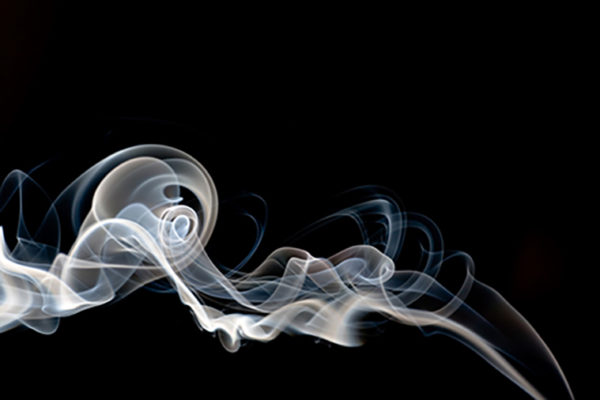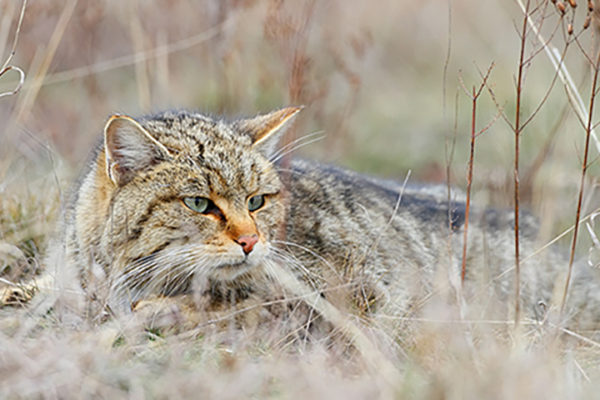Unwanted side effect becomes advantage in photoacoustic imaging
Biomedical engineer Lihong Wang, PhD, and researchers in his lab work with lasers used in photoacoustic imaging for early-cancer detection and a close look at biological tissue. But sometimes there are limitations to what they can do, and as engineers, they work to find a way around those limitations. Wang and his team have discovered a unique and novel way to use an otherwise unwanted side effect of the lasers they use — the photo bleaching effect — to their advantage.
Microbes buy low and sell high
Microbes set up their own markets, comparing bids for commodities, hoarding to obtain a better price, and generally behaving in ways more commonly associated with Wall Street than the microscopic world. This has led an international team of scientists, including two from Washington University in St. Louis, to ask which, if any, market features are specific to cognitive agents.
WUSTL engineers provide free code to help build better batteries
Lithium-ion batteries, such as those used in electric vehicles, are in high demand, with a global market value expected to reach $33.1 billion in 2019. But their high price tags and short lives need to be addressed before they can be used in more consumer, energy and medical products. Venkat Subramanian, PhD, associate professor of energy, environmental and chemical engineering, and his team are working to solve this problem by developing optimal charging profiles for the batteries.
Wang receives honorary doctorate from Lund University
Lihong Wang, PhD, has been awarded an honorary doctorate from the Faculty of Engineering at Lund University in Sweden. Wang, the Gene K. Beare Distinguished Professor of Biomedical Engineering, has been one of the prominent figures in developing photoacoustic imaging technology in biomedicine, says Stefan Andersson-Engels, professor of atomic physics at Lund University.
Odor receptors discovered in lungs
Your nose is not the only organ in your body that can sense cigarette smoke wafting through the air. Scientists at Washington University in St. Louis have shown that your lungs have odor receptors as well. The odor receptors in your lungs are in
the membranes of flask-shaped neuroendocrine cells that dump neurotransmitters and neuropeptides when the receptors are stimulated, perhaps triggering you to cough to rid your body of the offending substance.
Cat domestication traced to Chinese farmers 5,300 years ago
Five-thousand years before it was immortalized in a British nursery rhyme, the cat that caught the rat that ate the malt was doing just fine living alongside farmers in the ancient Chinese village of Quanhucun, a forthcoming study in the Proceedings of the National Academy of Sciences has confirmed.
Washington University joins U.S.-China Clean Energy Research Center
Washington University in St. Louis has joined an international group of researchers working to make great strides in advanced coal technologies.
Staying ahead of Huntington’s disease
Huntington’s disease is a devastating, incurable disorder that results from the death of certain neurons in the brain. Rohit Pappu, PhD, and colleagues in the engineering and medical schools are conducting studies to learn from nature’s own strategies to battle the disease.
Interdisciplinary Environmental Clinic files amicus brief in U.S. Supreme Court
Students and faculty in the Interdisciplinary Environmental Clinic at Washington University School of Law in St. Louis have filed an amicus brief on behalf of air pollution scientists in an important environmental case before the U.S. Supreme Court. The case, EPA v. EME Homer City Generation LP, involves a challenge to the EPA’s Cross-State Air Pollution Rule, which seeks to protect the health of citizens of downwind states by placing limits on air pollution that crosses state lines. Electric power companies, several states and local governments challenged the rule as overreaching.
The holidays come early for WUSTL scientists
A large wooden crate was delivered to the Compton Hall loading dock last week, direct from Paris. The crate contained a fabulous new instrument that WUSTL scientists say will transform their ability to approach problems in geology, biology, space science, engineering and materials science with new precision. Called the Cameca SIMS ims7f-geo, it is a state-of-the-art secondary ion mass spectrometer, one of only three in the world.
Older Stories


